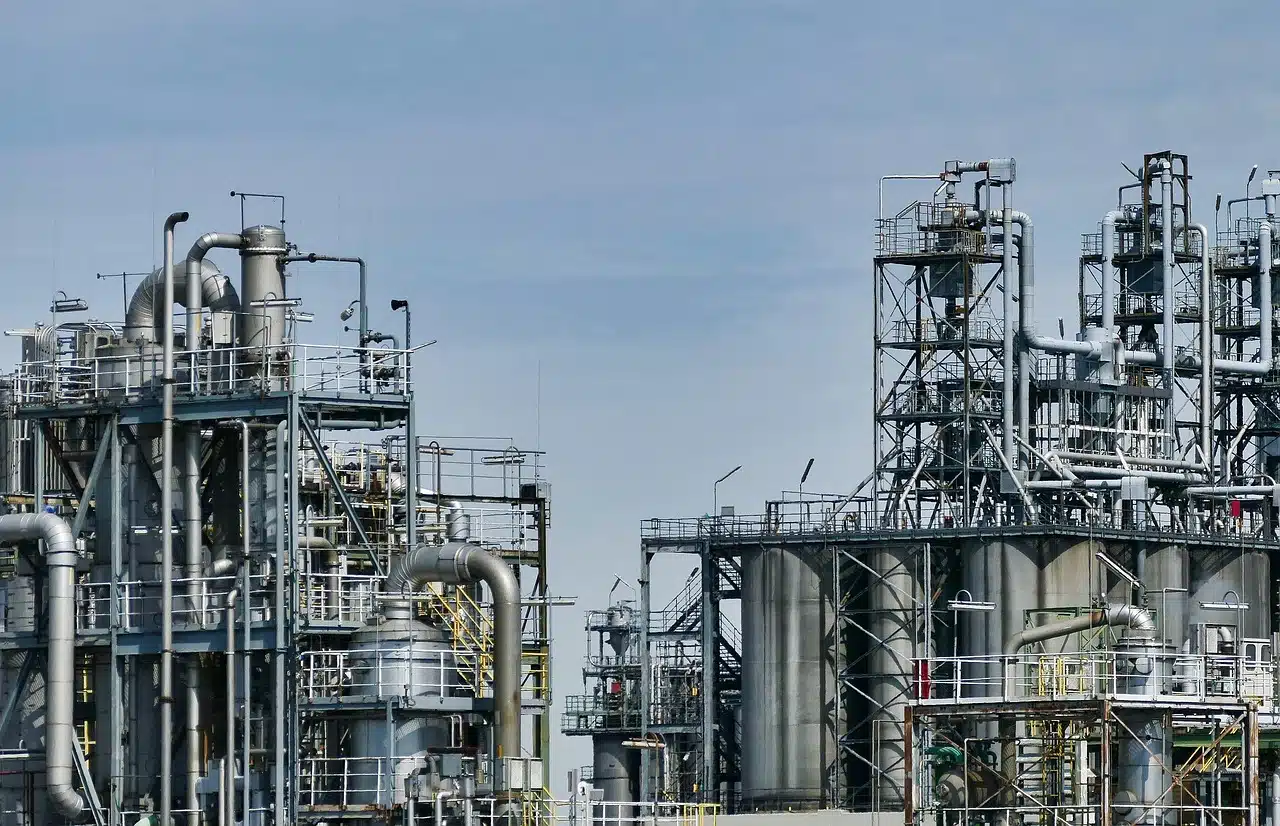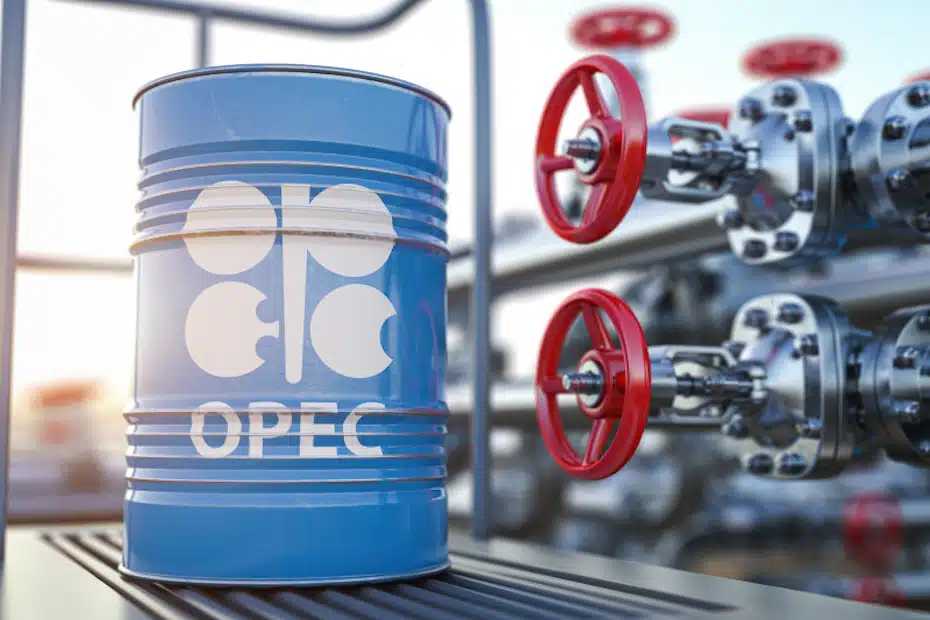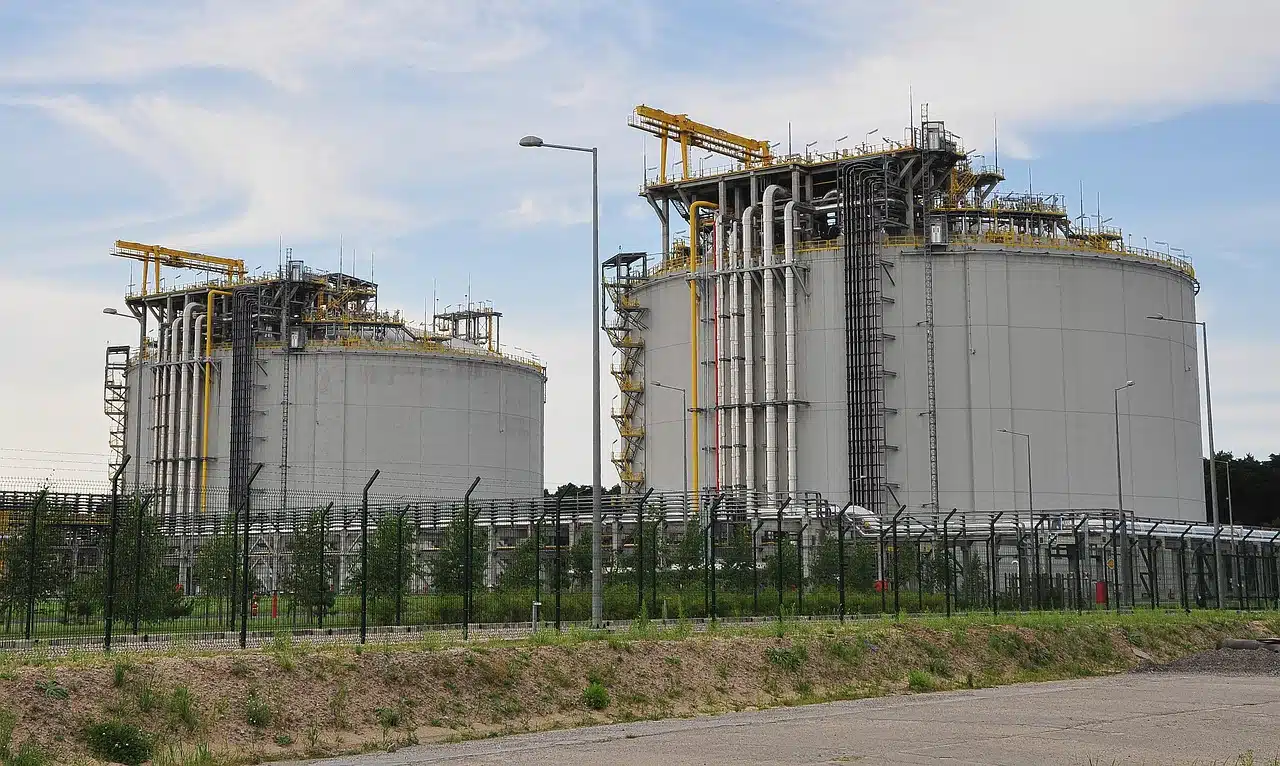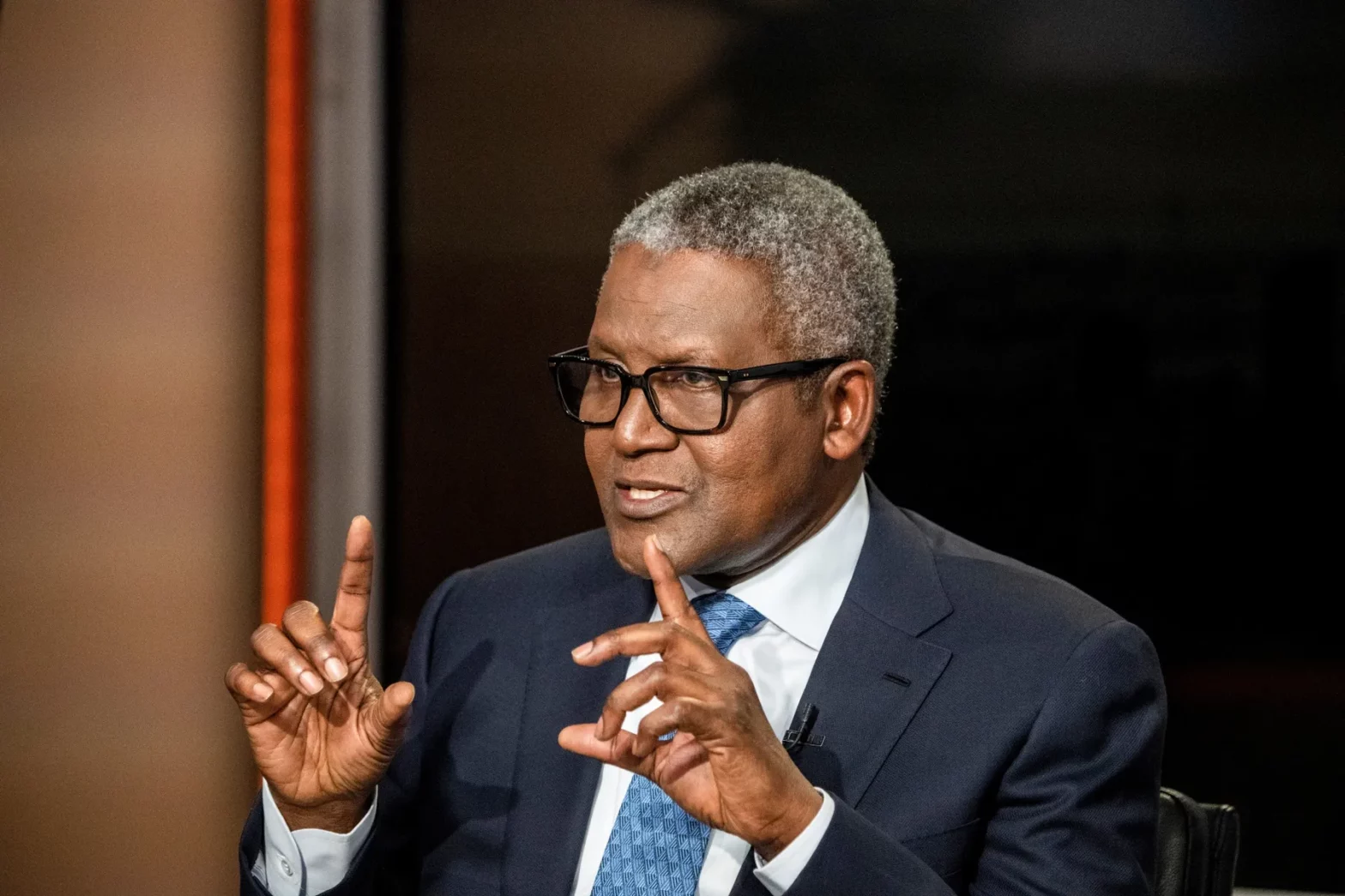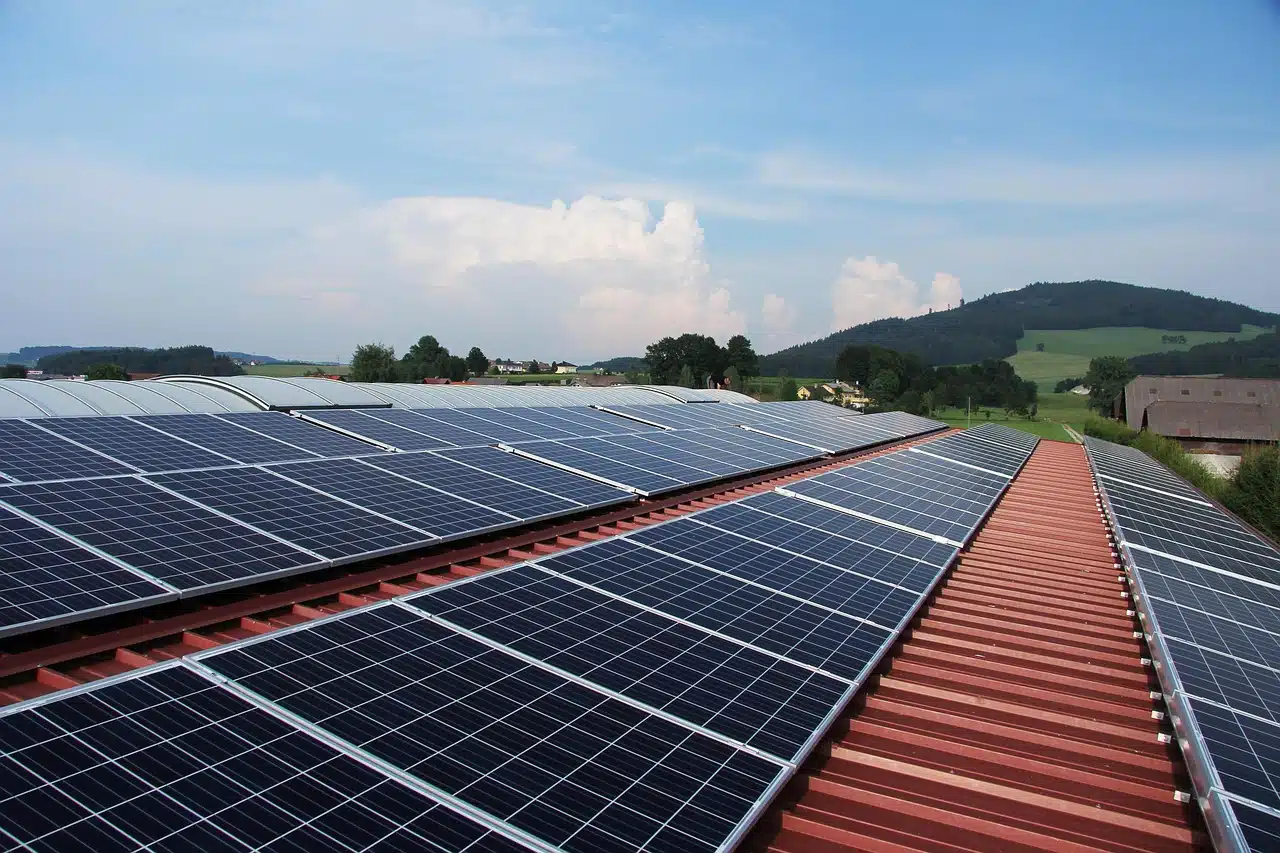The Organization of Petroleum Exporting Countries (OPEC) has revealed that the Dangote Petroleum Refinery will lower petrol prices and stabilise Nigeria’s petroleum supply market by the time it operates at full capacity.
This is contained in OPEC’s Monthly Oil Market Report (MOMR) for February 2025 seen by Energy in Africa.
The report highlights that at a full production capacity of 650,000 barrels per day, the Dangote refinery can significantly diminish Nigeria’s longstanding dependence on imported refined fuels.
“The oil sector remains central to the economy, and the Dangote Refinery reaching full production capacity should help stabilize the petroleum product supply and possibly lower petrol prices. While inflation remains high, early signs of cooling have emerged, partly due to base effects from the naira’s devaluation,” OPEC report says.
A few days ago, Edwin Devakumar, the refinery’s vice president, announced that the Lagos-based petrochemical plant currently running at 85% capacity, is expected to reach its full 650,000 bpd output by March.
“We have overcome initial challenges and are now ready to maximize our output to meet both domestic and international demands,” Edwin said.
The Dangote Refinery can produce nearly 90 million litres of petrol per day—far exceeding Nigeria’s daily consumption of about 50 million litres.
In a strategic move to provide economic relief, the refinery recently reduced the ex-depot price of petrol from N950 to N890 per liter. This decision reflects favorable developments in the global energy sector and a notable decline in international crude oil prices.
OPEC acknowledged the refinery’s impact on global fuel markets, noting that its production has significantly reduced Nigeria’s reliance on imported petrol.
Data from Vortexa Ltd. and compiled by Bloomberg reveals that Nigeria’s import of petrol has plunged to an eight-year low as the Dangote ramps up production.
Also, the organization projects capacity additions and petrochemical margins to continue to contribute to oil demand growth. In terms of products, jet/kerosene is expected to drive oil demand, followed by gasoline, LPG, diesel and naphtha.
The oil cartel projects global oil demand to rise by 1.4 million barrels per day (mb/d) in 2025, maintaining its previous forecast. It expects a 1.3 mb/d year-on-year increase, largely driven by demand from China, along with Other Asia, India, the Middle East, and Latin America.
The full operationalization of the Dangote refinery marks a pivotal shift in Nigeria’s energy landscape, promising enhanced energy security and economic benefits for the nation.
However, the entry of Dangote Refinery into the market has intensified competition, particularly with the Nigerian National Petroleum Company (NNPC) Ltd., which previously dominated petrol supply in the country. This competition has led to a cold price war between the two players.
Industry analysts anticipate that the refinery’s full-scale operations will lead to more competitive petrol pricing in Nigeria. An energy market analyst commented, “The increased local production capacity is expected to stabilize supply and potentially lower fuel prices for consumers.”
The OPEC report highlighted the oil sector’s key role in Nigeria’s economy, noting a 3.5% year-on-year growth in the third quarter of 2024.



